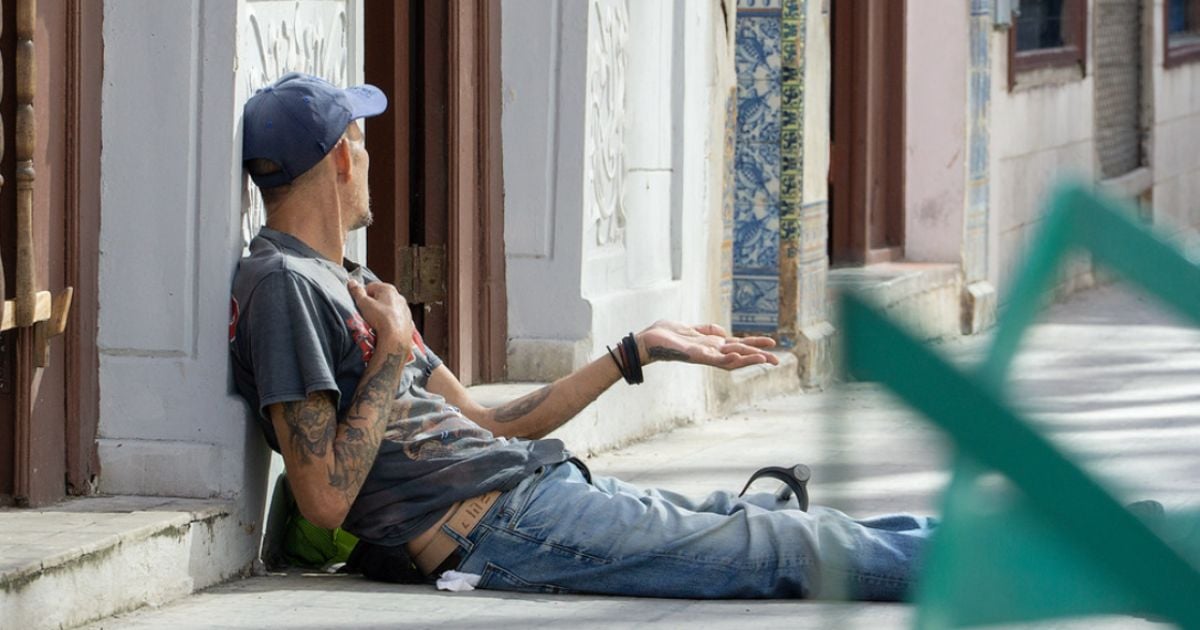
Related videos:
Amid the energy crisis affecting Cuba, following the collapse of the National Electric System (SEN) last Friday, the official spokesperson Henry Omar Pérez urged the population to counter despair on social media, highlighting the "resilience of the Cuban people" in the face of adversity.
Through a post on Facebook, Pérez acknowledged the seriousness of the situation, stating that after 36 hours of blackout, thousands of workers were still working to restore the service. He also admitted the frustration and impact of the electrical collapse on everyday life, assuring that many communities remained without electricity.
However, the spokesperson argued that the crisis should not be focused solely on negative messages and suggested that the population should also share stories that reflect the resilience of the Cuban people.
"The insistence on social media to generate hopelessness is a troubling phenomenon. The constant barrage of negative messages can erode the spirit and responsiveness of the population. It is important to counter this narrative with an objective perspective, acknowledging the difficulties, but also emphasizing the Cuban people's ability to overcome."
To illustrate his message, he mentioned the scene of a Sunday at Parque Vidal in Santa Clara, where, according to his account, children played without fear and their parents sought to create a space of joy despite the circumstances. He asserted that these moments represented the true Cuba, the one that "resists and fights for its future".
Pérez emphasized that the narrative of the crisis should be balanced with messages of optimism, assuring that "Cuba continues to fight, continues to dream, and will overcome".
Frequently Asked Questions about the Energy Crisis in Cuba
What is the current situation of the electrical system in Cuba?
The National Electroenergetic System (SEN) in Cuba is in crisis due to constant failures and prolonged blackouts. The thermoelectric plants, particularly the Antonio Guiteras Power Station, are in a state of deterioration that has led to repeated breakdowns, affecting millions of Cubans who experience daily power outages.
What measures is the Cuban government taking to address the energy crisis?
The Cuban government has promised to work towards resolving the crisis, but actions have been insufficient. To date, there have been attempts to recover the SEN through the implementation of microsystems and the purchase of fuels and supplies, but the lack of a clear and efficient strategy remains evident.
What impact does the energy crisis have on the daily lives of Cubans?
Prolonged blackouts severely impact the quality of life for Cubans. These outages limit access to basic services such as food, water, and medical care, increasing social unrest and prompting protests in various regions of the country.
How has the Cuban population reacted to the energy crisis?
The Cuban population has expressed its frustration and discontent on social media. Citizens criticize the lack of effective solutions from the government, demanding concrete answers and less empty rhetoric. They have also voiced their outrage at the inequality in energy distribution, especially in comparison to Havana.
What solutions do citizens propose to improve the energy situation in Cuba?
Citizens are proposing a change in the system and new investments in energy infrastructure. This includes the modernization of thermal power plants and a more efficient management of resources. Additionally, some suggest the need for humanitarian intervention to improve the situation in the country.
Filed under: